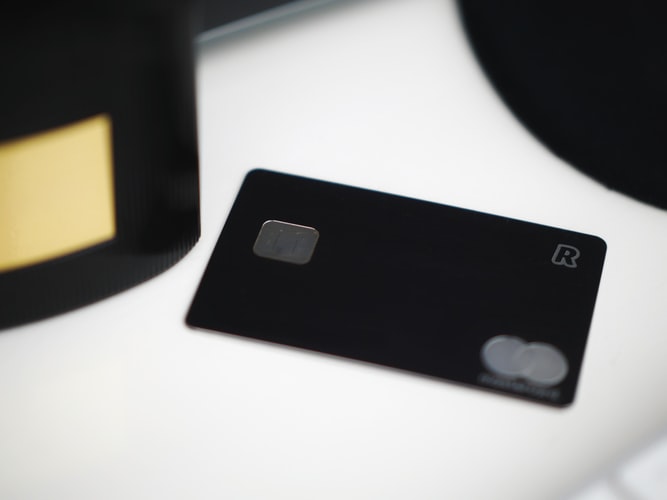How Can Blockchain Can Help Out With Credit Scores?
There is a credit conundrum. In an India Today report on the importance of a high credit score, the India Today Web Desk explains how maintaining a good credit score in India — upwards of 760 — is crucial to secure bank and home loans with low interest rates. People with high scores are assured of paying at least 1% percent less interest as compared to those with a credit score between 675 and 724. Those who fall below 675 are unlikely to get approved altogether. This system, implemented in several countries, is pretty straightforward — but it does cause problems for people with no credit history to speak of.
In that light, many credit systems are flawed. For example: to get good credit, one needs to take out a loan; but to take out a loan, one needs good credit. What gives, then? A feature on credit scores by Petal Card, notes how these scores create the financial equivalent of “guilty until proven innocent.” In other words, people are considered high-risk until they are proven to be creditworthy. This makes it difficult for younger adults to start building credit that is essential for day-to-day life. Worse, financially inexperienced consumers begin their financial lives securing expensive and potentially hazardous credit products, like high annual percentage rate (APR) credit cards.
Enter Blockchain
This is where blockchain comes in. It can potentially help the two billion ‘unbanked’ people — or those with no access to either a bank account or a financial institution — get into the financial ecosystem. In fact, financial expert Samantha Radocchia details how companies are now using blockchain to help people start building their credit history.
Swapy Network, for instance, is working to give people universal access to credit via low interest micro-loans. BanQu and Blockchain For Change, on the other hand, are giving people around the world portable digital identities that can be their springboard to credit building. Moeda, meanwhile, is working on cooperatives and banks to provide credit services to various populations. In other words, these blockchain-assisted initiatives will allow consumers to access to financial incentives and get them started on building their credit scores and proving their creditworthiness.
Building Credit, Block by Block
To improve a credit score, one has to follow certain finance related actions like paying the bills on time and acquiring credit (often via using their credit card). But as Coinnounce points out these positive changes don’t necessarily reflect immediately on a person’s credit score. Some trickling down needs to happen: That is, on-time payments and new credit must be recorded, then verified (often more than once) before they increase one’s score.
Unfortunately, this process is vulnerable to both human error and data breaches. In fact, data breaches exposed millions of user records in 2019, including some 100 million records from Capital One. These errors and breaches (through identity theft), in turn, can shave points off of your score. All that, however, won’t be a problem with blockchain. Its decentralised nature makes it near impossible to hack, which means all information stored is kept private and secure. And as a public platform, the sharing and accessing of data using blockchain is expedited, meaning, changes in one’s score will reflect in real time, rather than on a delayed basis.
A Waiting Game
At the moment, blockchain’s use in relation to credit scores is nascent, and mostly limited to a number of startups. However, it can be a game-changer, one that’ll help many start a credit history and then build their score up. But for now, those who do not qualify for the incentives brought about by high credit scores will have to wait.


























